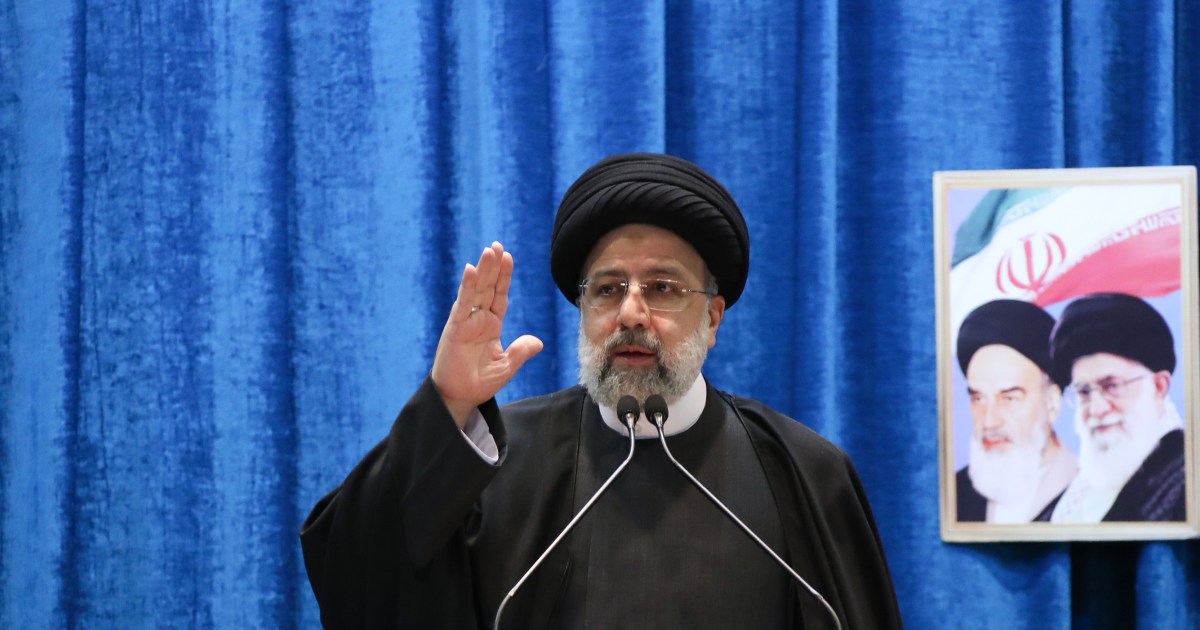TEHRAN -
In light of the frequent news from the Vienna nuclear negotiations regarding the imminent announcement of an Iranian nuclear agreement, Iranian observers advised to place the ratification of the international agreements of the Financial Action Task Force (FATF) on the agenda of the Expediency Council.
In light of the Iranian negotiating delegation’s assertion in Vienna that all US sanctions should be lifted and assets frozen abroad be released as a condition for any possible agreement, Iranian public opinion questioned the possibility of recovering these funds in light of the financial sanctions imposed on Tehran due to its inclusion in the FATF blacklist.
Black list
The Financial Action Task Force had temporarily suspended the sanctions imposed on Tehran in 2016, after it signed the nuclear agreement with the Six-Party Group (1 + 5), and contingent upon its final exit by accepting all the prevailing laws and resolutions of the international community.
However, the withdrawal of former US President Donald Trump from the nuclear agreement in 2018, and his restoration of sanctions on Tehran, impeded the Iranians' ratification of financial transparency laws for considerations related to circumventing US sanctions.
More than 3 years after Tehran's conditional exit from the blacklist, the Financial Action Task Force returned Iran in February 2020 to the list, which led to the obstruction of financial operations between it and international banks, especially the INSTEX mechanism. Which the Europeans had established for trade exchange with Iran after the American withdrawal.
With the arrival of the conservative movement to power in Iran, the voices that were highly critical of the option of diplomacy with Western countries and negotiations to revive the nuclear agreement declined, which led to optimism that the Expediency Council will ratify this time on the laws of the International Working Group.
prominent knot
Ali Bekdeli, professor of international relations at Shahid Beheshti University, believes that the release of Iranian funds frozen abroad constituted one of the most prominent contracts in the Vienna negotiations, explaining that reports from the Swiss capital indicate that the Iranian and American sides showed relative flexibility to reach an agreement in the near future.
And he explained, in his speech to Al Jazeera Net, that Iranian cooperation in preparing for the release of US prisoners was met with an American indulgence in releasing a small part of the Iranian funds frozen in South Korea, Iraq and Japan, in preparation for the return of the bulk of Iranian assets amounting to 100 billion dollars after Tehran joined the International agreements to combat money laundering and terrorist financing.
Piccadilly expects that the practical steps for Tehran to implement the FATF laws will take about 6 months, explaining that Iran cannot recover its frozen assets abroad before it accepts all the prevailing laws and decisions of the International Working Group, and exits from the FATF blacklist.
interim negotiations
Beckdley points out that the US sanctions on Iran are not limited to its nuclear program, explaining that Washington refuses to negotiate, in the current talks, on missile sanctions, and those related to the so-called Iranian interference in the region and its support for terrorism.
He concludes that the main node at the present time is the lifting of sanctions on Tehran, explaining that "the government of President Raisi wants to lift the sanctions at once, under pressure from the loyalist currents, who were among the staunch opponents of the nuclear agreement during the previous government, while Washington proposes to negotiate later on lifting the sanctions." other penalties.
opposite flexibility
And whether Iranian circles are ready to accept the laws of the Financial Action Task Force, the Iranian diplomat and former ambassador to Britain, Jalal Sadatian, expects that "the Expediency Council will eventually agree to Tehran's joining the International Working Group's decisions to return Iranian assets from abroad."
And he considers, in his speech to Al Jazeera Net, that the reason for the opposition of some Iranian circles to joining the international agreements to combat money laundering and terrorist financing is due to the American sanctions that were tightening the screws on their country.
He revealed, "The US side agreed to release about $10 billion of Iranian funds frozen abroad, as a goodwill gesture to reach an agreement to revive the 2015 nuclear agreement," stressing that "Tehran will respond by releasing 4 Western prisoners of dual nationalities."
Sadatian explains that the return of Iranian funds from abroad is not limited to the release of frozen Iranian assets, but "includes the return of Iranian export revenues, especially oil, and the lifting of other banking and financial sanctions, such as lifting the ban on dealing with the international SWIFT system."

